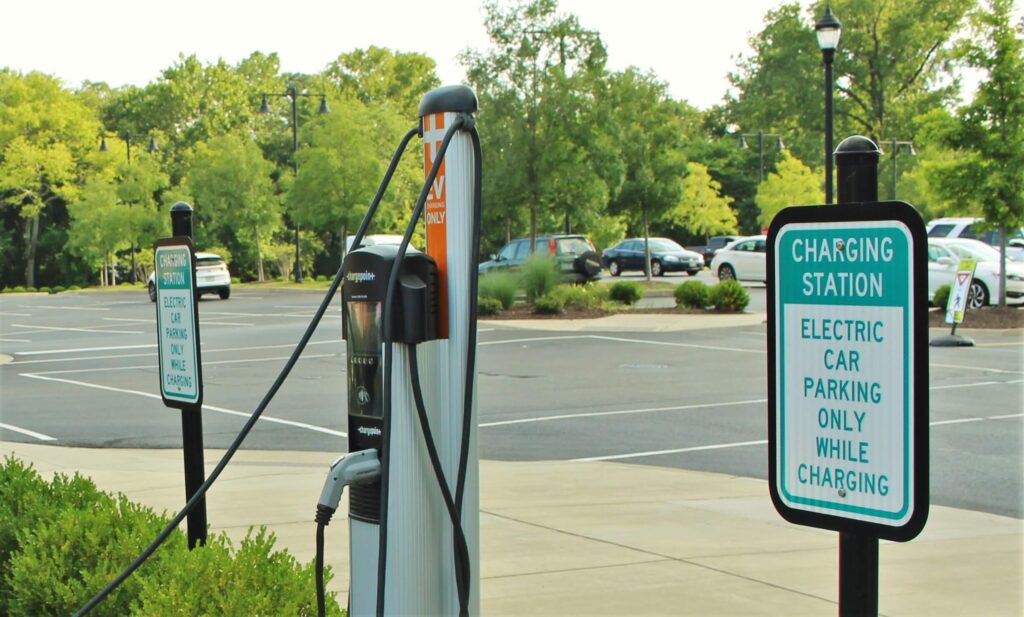When planning a construction or remodeling project, one of the most important decisions you will make is selecting the right general contractor. From building a new driveway to installing a sunroom or managing a large commercial project, the right contractor ensures your project is completed on time, within budget, and with high-quality results. If you’re a homeowner or business owner in Virginia, including in Falls Church, Vienna, Arlington, McLean, Fairfax, Ashburn, Leesburg, Herndon, Centreville, Clifton, Reston, Annandale, Burke, Fort Belvoir, Great Falls, Lorton, and Alexandria, here are the key considerations for choosing the right general contractor.
Verify Licensing and Insurance
In Virginia, all general contractors must hold a valid license from the Virginia Department of Professional and Occupational Regulation (DPOR). Hiring a licensed contractor ensures that they meet the state’s professional standards and are qualified for your project.
- Check their license number and confirm it online through the DPOR website.
- Ask for proof of liability insurance and workers’ compensation coverage to protect yourself from potential accidents or damages.
A licensed and insured contractor like Atlas General Contractors-AGC gives you peace of mind from start to finish.
Review Experience and Portfolio
Not all contractors specialize in the same type of work. Some focus on residential projects like sunrooms and outdoor kitchens, while others excel in large-scale commercial builds or EV charger installations.
When evaluating a contractor:
- Ask to see their portfolio of past projects.
- Look for before-and-after photos of similar jobs.
- Request references from recent clients in Virginia.
A proven track record is a strong indicator that the contractor can handle your project successfully.
Understand Their Services and Specialties
Every project is unique, and so are the skills required to complete it. A full-service contractor should offer a wide range of services, including:
- Residential construction and remodeling
- Outdoor living upgrades (decks, patios, driveways)
- Sunroom additions
- Commercial construction projects
- EV charger installations (Level 2 and Level 3)
Choosing a contractor that provides end-to-end services ensures smoother communication, better project coordination, and fewer delays.
Communication and Transparency
Good communication is essential. A reliable contractor should:
- Provide a detailed written estimate that breaks down labor, materials, and timelines.
- Be open to answering your questions at every stage of the project.
- Offer clear contracts that outline responsibilities, costs, and deadlines.
If a contractor avoids giving details or makes vague promises, it’s a red flag.
Check Reviews and Testimonials
Online reviews are one of the best ways to gauge a contractor’s reputation. Look at platforms such as:
- Google Reviews
- Trustpilot
- Better Business Bureau (BBB)
- Social media (Facebook, LinkedIn)
Positive reviews that highlight punctuality, professionalism, and craftsmanship are signs of a contractor you can trust.
Compare Costs—but Don’t Just Go Cheap
It’s tempting to choose the lowest bid, but remember the old saying: “You get what you pay for.” A low-cost estimate could mean the contractor is cutting corners on labor, materials, or safety.
Instead, compare at least three detailed estimates and evaluate them based on:
- Price
- Materials used
- Timeline
- Warranty offered
The right choice balances affordability with quality.
Look for Local Knowledge
Virginia has its own building codes, permit requirements, and HOA guidelines. Hiring a contractor with local expertise ensures compliance with state and county regulations, preventing costly mistakes or project delays.
Local contractors also have established relationships with suppliers, which can help you get materials faster and often at better prices.
Visit an Ongoing Project
If possible, ask the contractor to show you a project they’re currently working on. This gives you a chance to see:
- How organized the team is
- The quality of materials being used
- Safety standards at the worksite
Seeing their work in real-time can tell you more than a polished portfolio.
FAQs
Q1: How do I check if a contractor is licensed in Virginia?
You can verify a contractor’s license by visiting the official DPOR license lookup tool online.
Q2: Should I always sign a contract?
Yes. A written contract protects both you and the contractor by clearly defining scope, costs, and deadlines.
Q3: What’s the average cost of hiring a general contractor in Virginia?
Costs vary depending on the project size, but homeowners can expect to pay 10–20% of the total project cost for general contractor services.
Q4: Why choose a local Virginia contractor instead of a national chain?
Local contractors understand Virginia’s climate, building codes, and permit requirements, making your project smoother and more reliable.
Final Thoughts
Choosing the right general contractor in Virginia doesn’t have to be overwhelming. By checking licensing, reviewing portfolios, evaluating communication, and ensuring transparency, you can find a contractor who will bring your vision to life with quality and reliability.
At Atlas General Contractors-AGC, we pride ourselves on being a trusted, licensed, and insured general contractor in Virginia. From residential sunrooms and driveways to large commercial projects and EV charger installations, we bring experience, craftsmanship, and integrity to every job.




